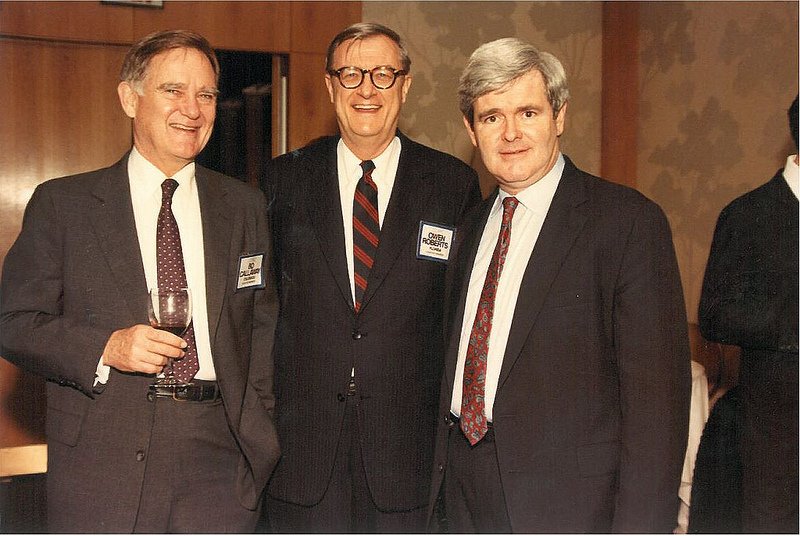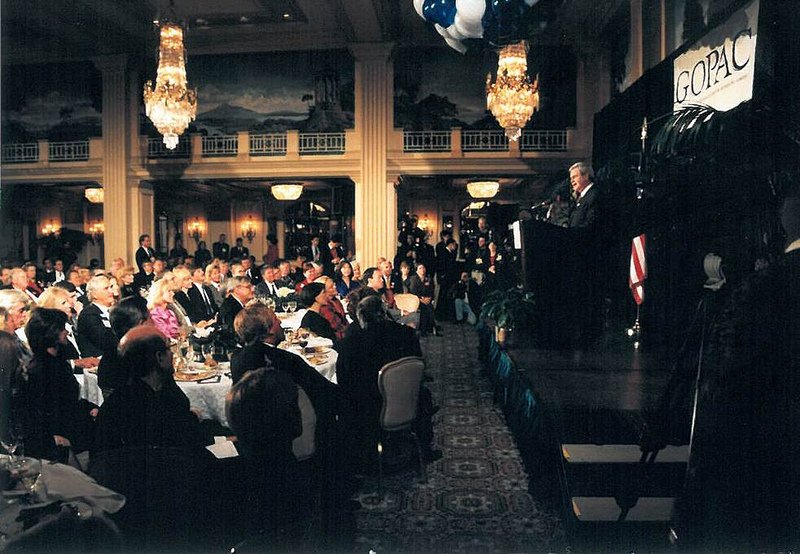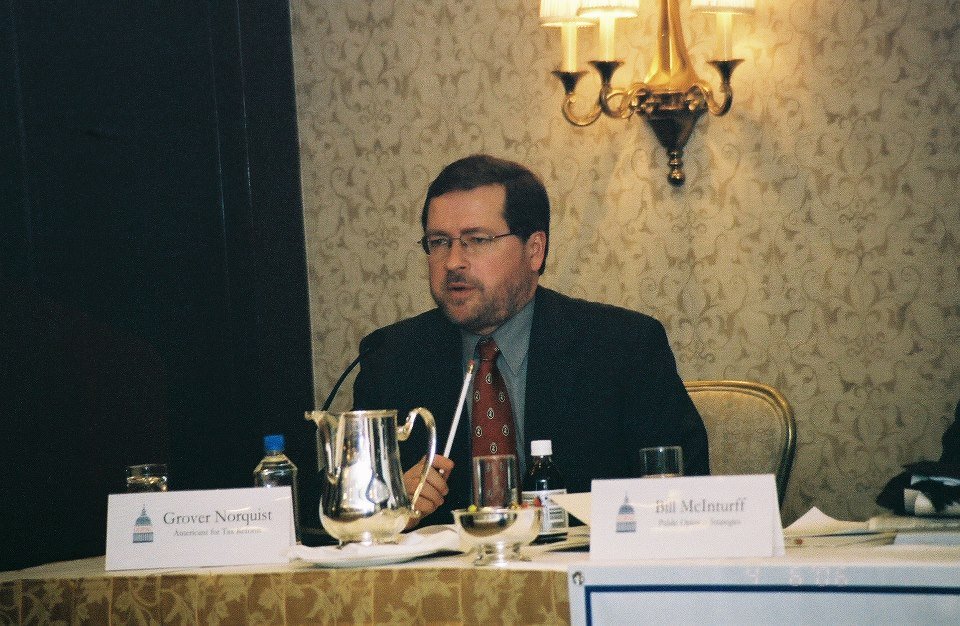History
Following the 1978 elections, Delaware Governor Pete du Pont surveyed a national landscape dominated by Democratic majorities. In recent elections, Republican efforts to challenge Democratic holds on both houses of Congress, the White House, and state offices across the nation had been hindered by muddled messages and inexperienced candidates.
Du Pont was determined to remedy the situation by creating an organization to cultivate promising young leaders within the Republican ranks and build a “farm team” of candidates with the knowledge and drive to become a governing majority party.
In 1979, GOPAC set to work electing Republicans to state and local offices. The organization concentrated on making direct contributions to promising candidates in competitive state legislative and municipal elections nationwide. In a short period of time, GOPAC helped Republicans make meaningful progress and grew to be one of the country’s largest and most influential partisan political action committees.
With Newt Gingrich at the helm, GOPAC became the Republican Party’s preeminent education and training center through countless campaign seminars, workbooks, audiotapes and years of grassroots organizing. Many political observers credited GOPAC with being a key catalyst of the Republican Revolution that stormed the nation in 1994, sweeping in the first GOP congress in four decades and leaving a record number of governorships and statehouses in Republican hands.
The tradition of strong GOPAC leaders continued with Bo Callaway, Gay Hart Gaines, Shelly Kamins, former Arizona Congressman John Shadegg, former California Congressman David Dreier, former Oklahoma Governor Frank Keating, former Oklahoma Congressman J.C. Watts, former Maryland Lt. Governor Michael Steele, and Frank Donatelli.
GOPAC is under the current leadership of David Avella and is the Republican Party’s premier center for educating and electing a new generation of Republican leaders. It’s a force in American politics as it ensures a healthy roster of prepared and tested state leaders are ready to lead in their legislatures and/or run for higher office.









